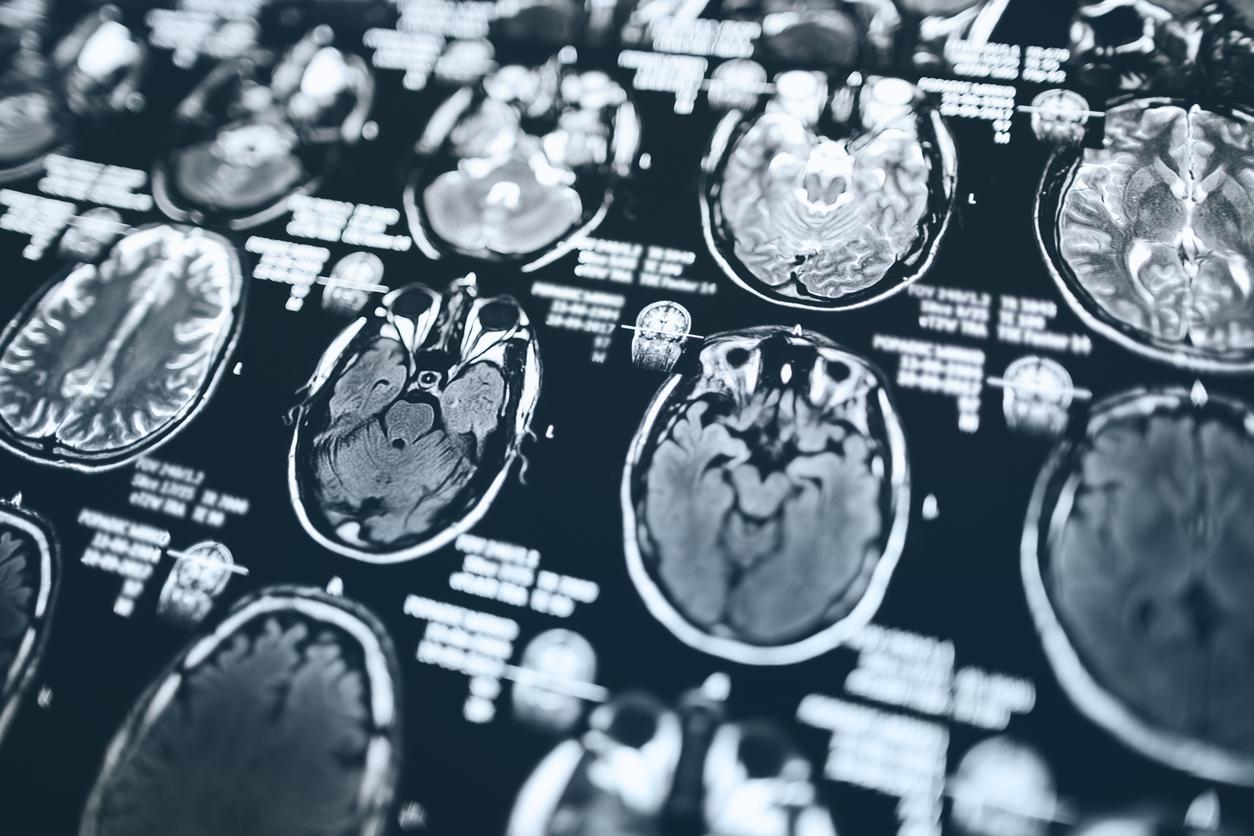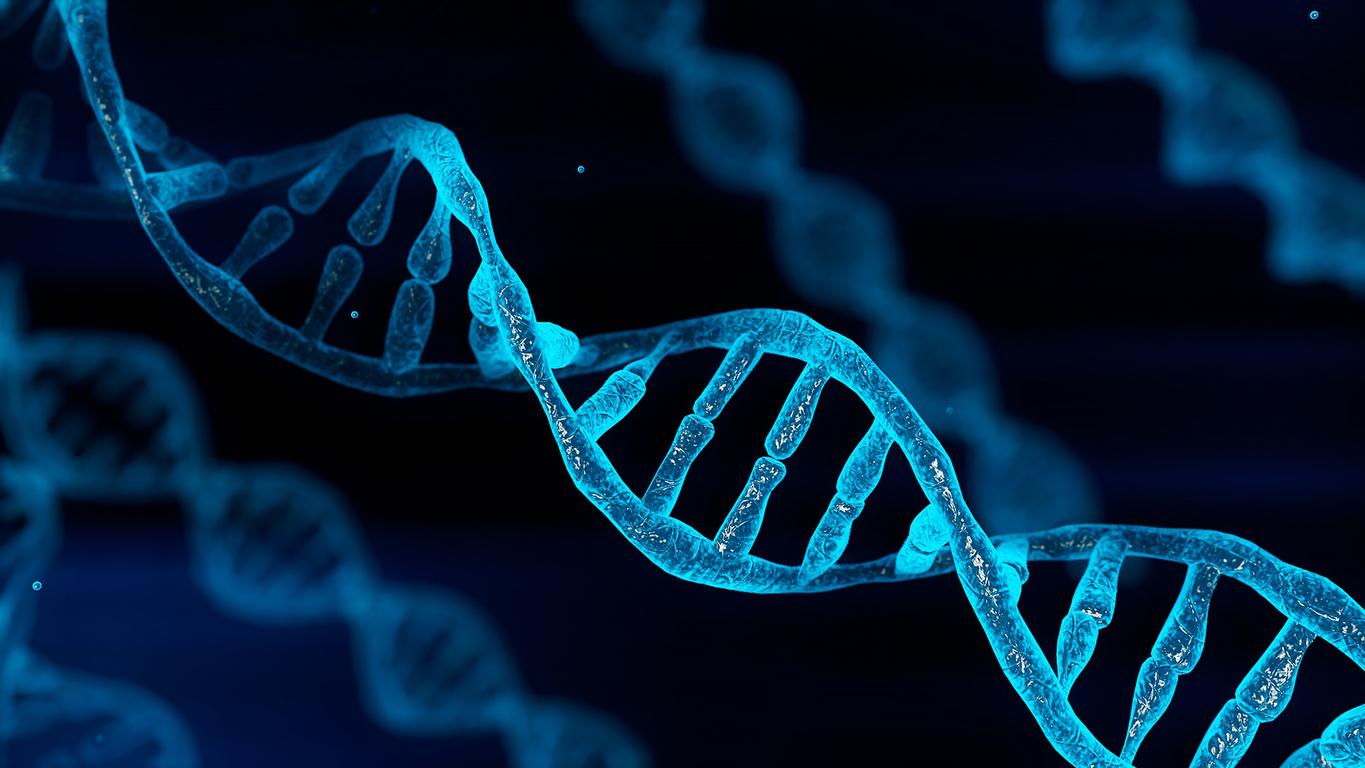A new study shows how the lifestyle and environment of the father is transmitted to his offspring by molecules that are not of the order of DNA, and how these influence his future health.

- By conducting a laboratory experiment, the researchers discovered the non-DNA mechanism that is involved in transmitting the paternal experience to his offspring.
- Thus, a poor diet can be transmitted to the embryo via molecules that alter the gene expression of the paternal sperm, and therefore transmit diseases.
Although DNA is the main determinant of the health of each and every one of us, it is not the only one to influence it and to have consequences on the potential diseases that we may develop. The environment, ie diet, stress level, exposure to pollution, etc., also plays a major role. This is what is called the epigenome: all the genetic modifications of cells sensitive to environmental factors.
Although known to scientists, who have observed it in particular between parents and descendants, this process has remained largely mysterious until now. In particular, they did not know how environmental information was transmitted during fertilization, as well as the mechanisms and the exact molecules in the father’s sperm that are involved in this process.
In a new study published in the journal Developmental Cellresearchers from McGill University in Montreal (Canada) explain that they have identified how environmental information is transmitted by non-DNA molecules in sperm.
“The big breakthrough of this study is that it has identified a non-DNA-based way in which sperm remember the environment of the father (diet) and pass this information to the embryo”, explains Sarah Kimmins, who led the work. According to her, this discovery “remarkable” present “a major shift from what is known about heritability and disease, which was not just based on DNA, and now includes sperm proteins”.
How changes in sperm proteins affect offspring
To understand how information that affects development is transmitted to embryos, the researchers used male mice that they fed a folate-deficient diet. The goal was to manipulate the epigenome of their sperm cells and then analyze the effects on particular groups of molecules in DNA-associated proteins.
They then discovered that the diet had an effect on molecules belonging to the methyl group. Together with histone proteins, which play an essential role in DNA binding in cells, these molecules have led to alterations in gene expression in embryos and abnormalities of the spine and skull at birth. The researchers further noted that the modifications of the methyl groups on the histones in the sperm were transmitted during fertilization and subsequently remained in the embryo as it developed.
According to the researchers, this discovery is important because it shows that there is a heredity in the life experiences of the father. It therefore opens the way to the study of transmission, but also of disease prevention.
“Our next steps will be to determine if these induced harmful changes in sperm proteins (histones) can be repaired, continues Professor Kimmins. The hope offered by this work is that by expanding our understanding of what is inherited beyond DNA, there are now potentially new avenues for disease prevention that will lead to healthier children and adults. health.”
.

















